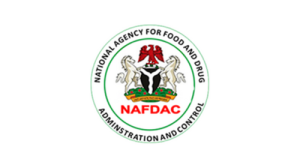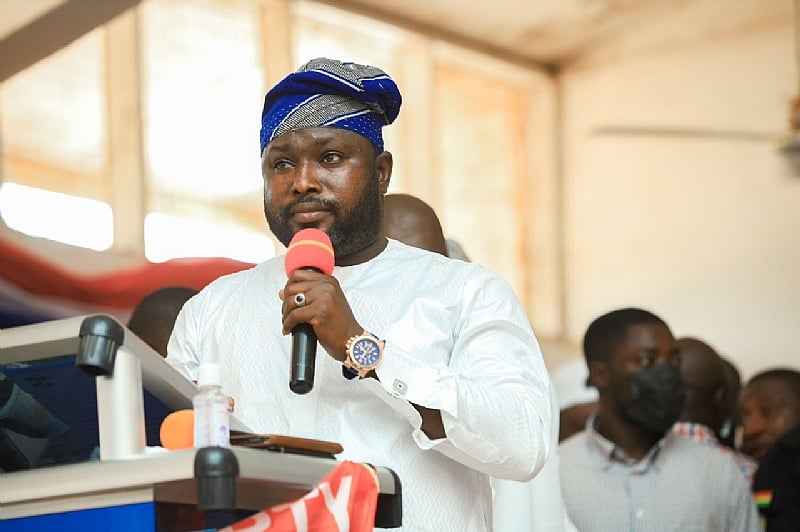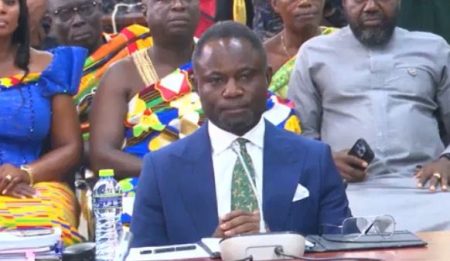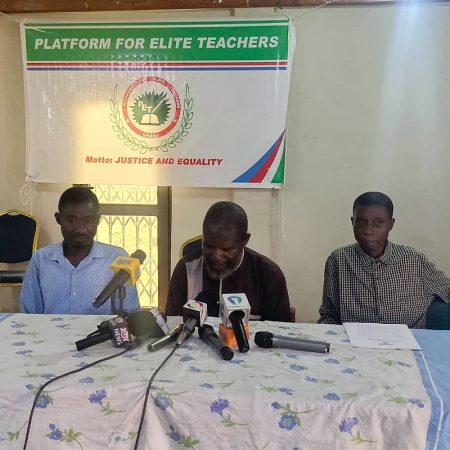The Ghanaian Parliament found itself embroiled in a heated debate following reports of a security raid on the residence of former Finance Minister Ken Ofori-Atta. The incident, which allegedly involved individuals in military and police uniforms storming Ofori-Atta’s Cantonments home while he was abroad, sparked immediate condemnation from the Minority caucus. First Deputy Minority Whip Habib Iddrisu voiced grave concerns about the potential erosion of democratic principles, characterizing the raid as an unacceptable act that demanded a thorough explanation from the National Security apparatus. He emphasized Ghana’s reputation for upholding democratic values and expressed alarm that such an incident could occur, particularly given that Ofori-Atta had officially notified the Chief of Staff of his travel plans and received prior approval.
The Minority’s apprehension extended beyond the immediate incident involving Ofori-Atta. Iddrisu highlighted a pattern of concerning behavior by security operatives, citing a recent incident where former Defence Minister Dominic Nitiwul was allegedly pursued by security personnel while en route to Parliament. This alleged harassment of a former high-ranking government official further fueled the Minority’s anxieties about the apparent disregard for established protocols and the potential for undue intimidation. The juxtaposition of these two incidents painted a worrisome picture of potential overreach by security agencies, raising questions about the motivations behind these actions and the overall climate of respect for individual rights and freedoms.
The core issue raised by the Minority revolved around the perceived breach of established procedures and the lack of transparency surrounding the raid on Ofori-Atta’s residence. Iddrisu pointedly questioned the rationale behind such an operation, particularly given Ofori-Atta’s official communication and the Chief of Staff’s acknowledged approval of his travel plans. This apparent disregard for official protocols suggested a troubling disregard for due process and raised concerns about potential ulterior motives driving the security operation. The Minority’s insistence on accountability highlighted the need for clear explanations and justifications for actions taken by security agencies, especially when those actions involve prominent figures and potentially impinge on fundamental democratic principles.
The broader implications of these incidents, as perceived by the Minority, extended to the overall health of Ghana’s democratic institutions. The alleged targeting of former government officials raised questions about the potential for political motivations influencing security operations. This concern was amplified by the lack of clear information surrounding the raids and the apparent disregard for established procedures. The Minority argued that such actions could create a chilling effect on political discourse and undermine public trust in the impartiality of state security agencies. The demand for an explanation from the National Security Coordinator reflected the Minority’s determination to ensure transparency and prevent any erosion of democratic norms.
The Minority’s call for the National Security Coordinator to address Parliament underscored the seriousness with which they viewed these incidents. They demanded a full accounting of the circumstances surrounding both the raid on Ofori-Atta’s residence and the alleged pursuit of Nitiwul. This demand reflected a broader concern about the potential for abuse of power by security agencies and the importance of maintaining checks and balances to prevent such abuses. The Minority’s insistence on accountability aimed to safeguard not only the rights of individual citizens, including former government officials, but also the integrity of Ghana’s democratic processes.
In essence, the Minority’s reaction to the reported raid on Ofori-Atta’s residence went beyond the specific incident itself. It represented a broader concern about the potential for the erosion of democratic values, the abuse of power by security agencies, and the chilling effect such actions could have on political discourse. The demand for the National Security Coordinator to appear before Parliament was a clear signal of the Minority’s determination to hold those in positions of authority accountable and to ensure the protection of fundamental democratic principles within Ghana. The incident served as a stark reminder of the delicate balance between national security concerns and the preservation of individual rights and freedoms, a balance that the Minority sought to maintain through their calls for transparency and accountability.














